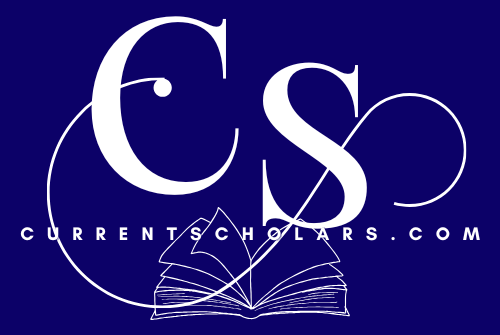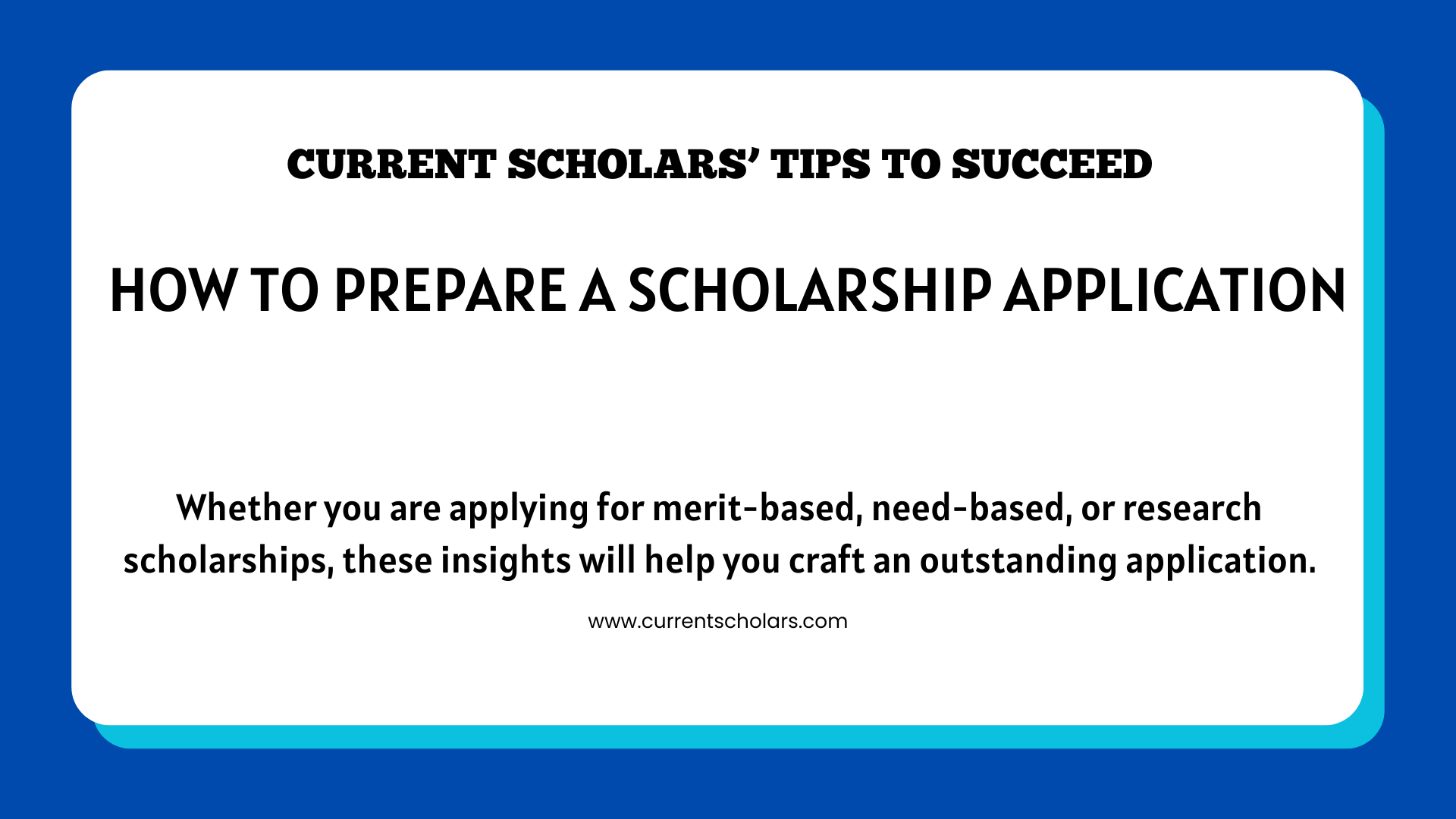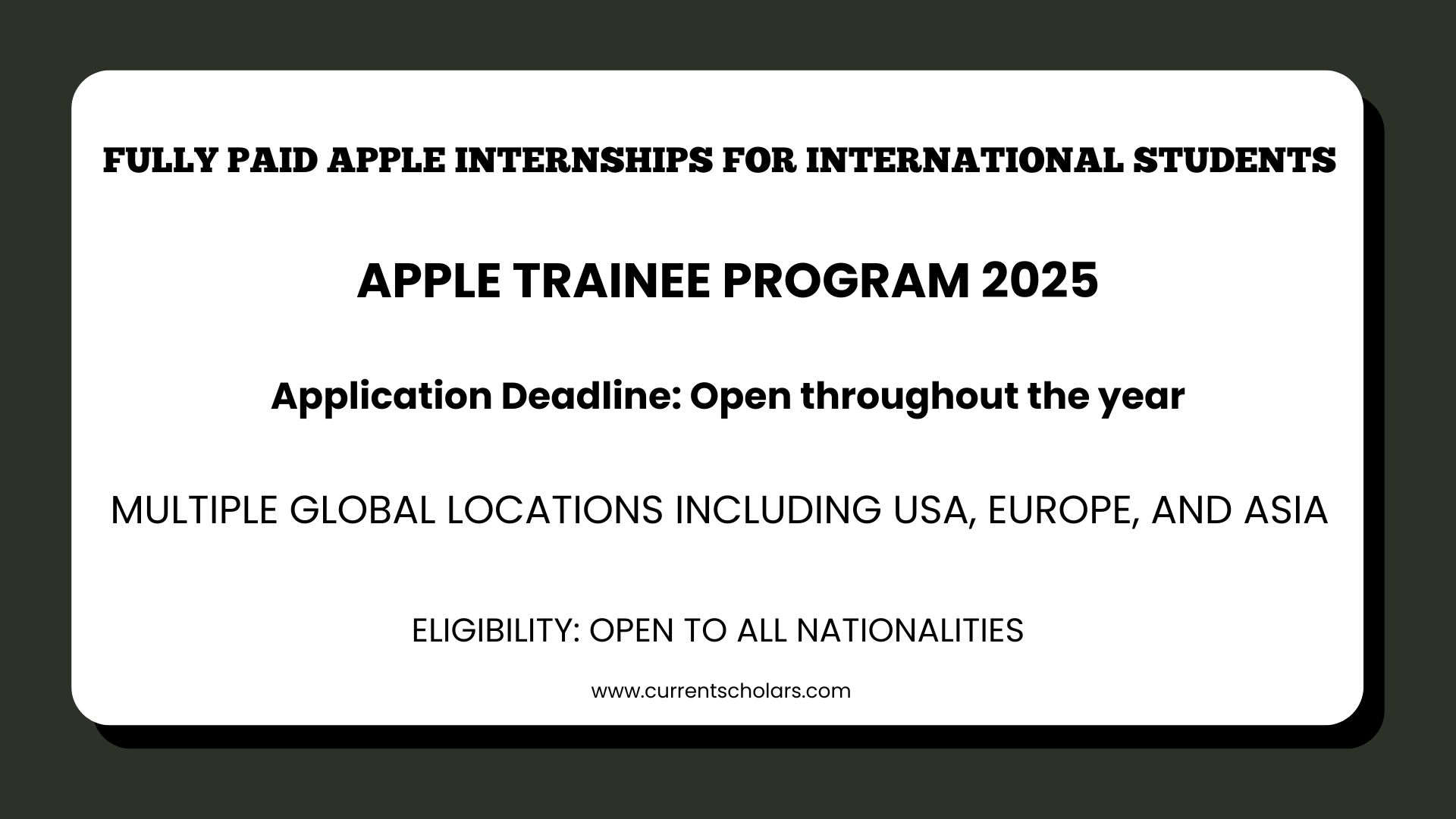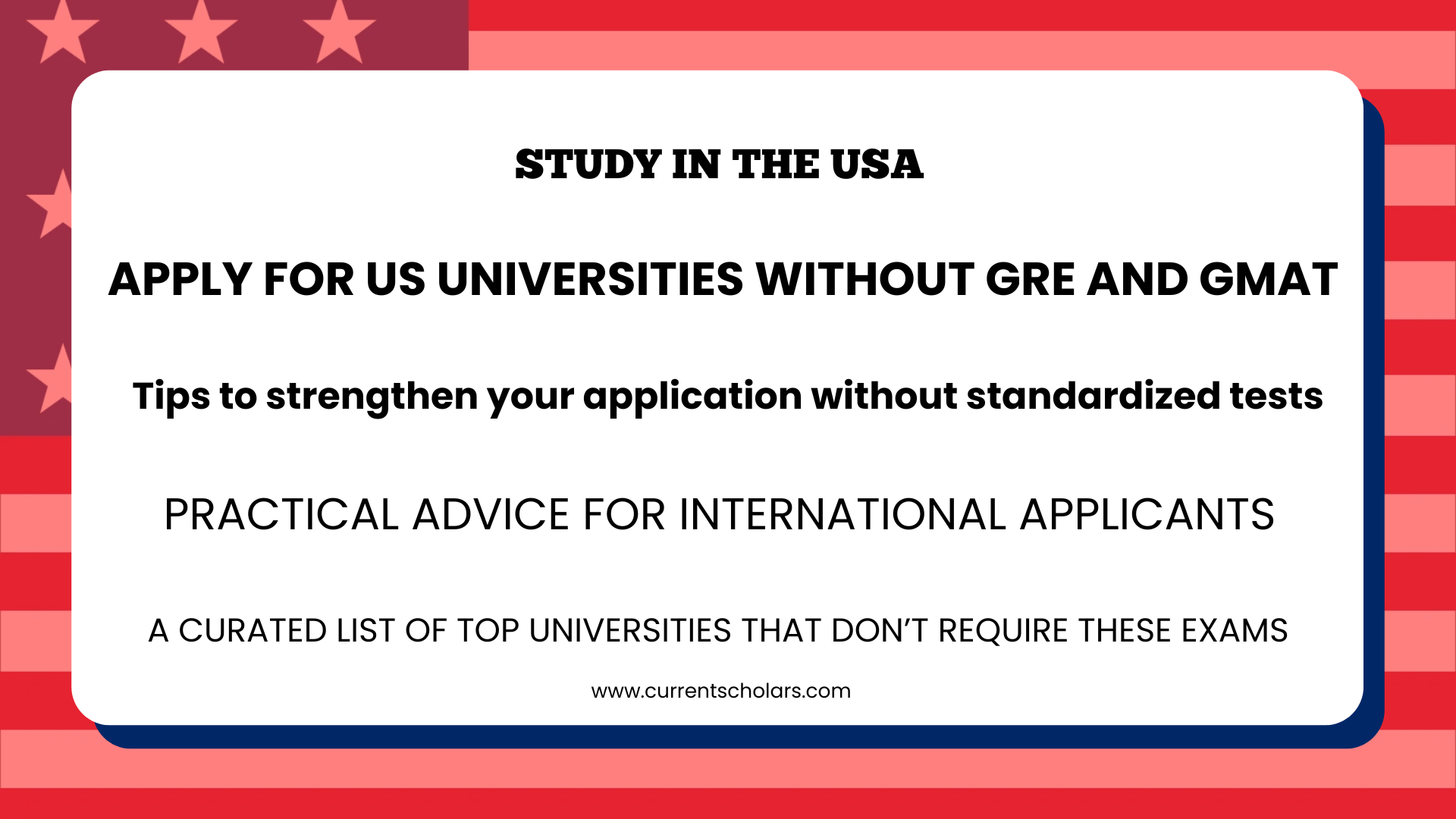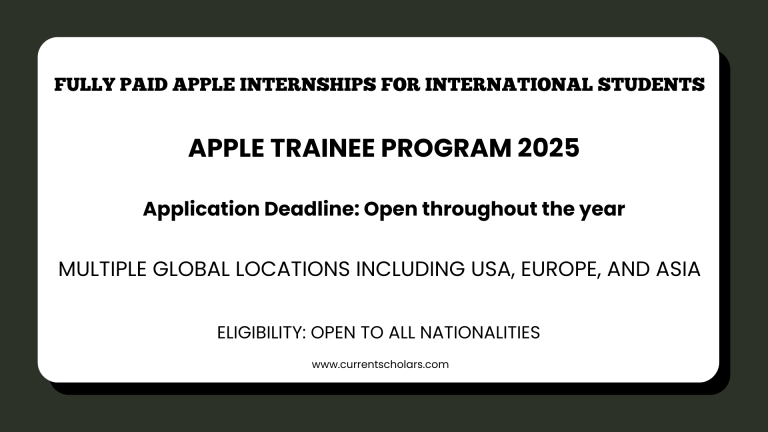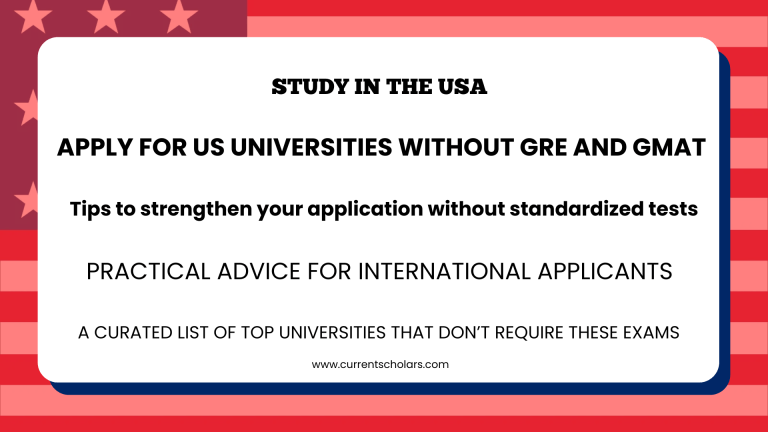Pursuing higher education can be expensive, but scholarships offer a fantastic opportunity to ease the financial burden. Every year, millions of students apply for scholarships, hoping to secure funding for their academic pursuits. However, with fierce competition, only a well-prepared and compelling scholarship application can increase your chances of success.
At Current Scholars, we understand how crucial it is to stand out in a pool of applicants. In this guide, we will walk you through the five essential steps to prepare a winning scholarship application. Whether you are applying for merit-based, need-based, or research scholarships, these insights will help you craft an outstanding application.
Why a Strong Scholarship Application Matters
Scholarships are highly competitive, with thousands of applicants vying for limited funding. A strong application:
-
Showcases your academic achievements, leadership skills, and personal values.
-
Demonstrates how you align with the scholarship provider’s goals and mission.
-
Persuades the selection committee that you are the best candidate for the award.
With these goals in mind, let’s dive into the top five tips to prepare a successful scholarship application.
1. Understand and Meet the Scholarship Criteria
Before investing time in an application, ensure you meet the eligibility requirements. Many students overlook this step and end up applying for scholarships they are not qualified for, wasting valuable time and effort.
How to Check Scholarship Requirements
-
Academic Qualifications: Some scholarships require a minimum GPA or standardized test scores (e.g., SAT, GRE, IELTS, or TOEFL).
-
Field of Study: Some funding opportunities are limited to specific disciplines such as STEM, business, or arts.
-
Nationality and Residency: Some scholarships are country-specific or region-specific.
-
Extracurricular Involvement: Leadership roles, volunteer work, and community engagement can be crucial.
-
Financial Need: Need-based scholarships require proof of financial hardship.
Pro Tip:
Create a spreadsheet to track scholarships, deadlines, and required documents. This helps you stay organized and avoid missing opportunities.
2. Craft a Compelling Personal Statement
Your personal statement or scholarship essay is a crucial part of your application. It gives you an opportunity to showcase your achievements, goals, and passion.
What Makes a Great Scholarship Essay?
-
Authenticity: Share your unique story. What challenges have you overcome? What motivates you?
-
Clear Goals: Explain how the scholarship will help you achieve your academic and career aspirations.
-
Strong Opening: Start with a compelling anecdote, quote, or statement to grab attention.
-
Relevance: Tailor your essay to match the values and objectives of the scholarship provider.
-
Proofreading: Errors can make a poor impression. Edit and refine your essay before submission.
Example of a Strong Opening Paragraph:
“Growing up in a low-income household, I often watched my parents struggle to make ends meet. Despite financial hardships, they instilled in me the value of education. I am determined to break this cycle and become a business leader who empowers underserved communities. This scholarship will enable me to pursue my studies in Business Management and equip me with the skills to create sustainable solutions for economic development.”
3. Secure Strong Letters of Recommendation
A letter of recommendation can significantly strengthen your application by providing third-party validation of your abilities, character, and achievements.
Who Should Write Your Recommendation Letters?
-
Professors or Teachers who can attest to your academic excellence.
-
Employers or Supervisors if you have relevant work or internship experience.
-
Community Leaders or Mentors if you have been involved in volunteer work or leadership roles.
Tips for Getting a Strong Recommendation Letter
-
Ask Early: Give your recommender at least 3–4 weeks to write the letter.
-
Provide Information: Share details about the scholarship and highlight key points you’d like them to mention.
-
Choose Wisely: Select someone who knows you well and can speak positively about your strengths.
-
Follow Up: Send a polite reminder before the deadline.
4. Organize and Double-Check Required Documents
Incomplete applications are a common reason why students lose scholarship opportunities. Carefully review the required documents and ensure they are well-organized.
Commonly Required Scholarship Documents
✅ Completed application form
✅ Personal statement or essay
✅ Academic transcripts and certificates
✅ Letters of recommendation
✅ Financial need statement (if applicable)
✅ Standardized test scores (e.g., TOEFL, IELTS, SAT)
✅ Resume or CV (for some scholarships)
✅ Portfolio (for arts, design, or research scholarships)
Pro Tip:
Scan all documents and save them in a dedicated scholarship folder on your computer. Name each file clearly (e.g., “JohnDoe_Transcript.pdf”) to avoid confusion.
5. Apply Early and Avoid Last-Minute Rush
One of the biggest mistakes students make is waiting until the last minute to submit their applications. This increases the risk of errors, missed deadlines, and technical issues.
Why You Should Apply Early
-
Allows time to proofread and refine your application.
-
Reduces stress and improves the quality of your submission.
-
Increases the chance of early review and consideration by scholarship committees.
-
Provides time to handle unforeseen issues (e.g., missing documents or website crashes).
How to Manage Scholarship Deadlines
-
Set reminders on your phone or calendar for submission dates.
-
Break down the application process into smaller tasks (e.g., completing forms, writing essays, requesting recommendations).
-
Plan to submit at least a week before the deadline to avoid last-minute rush.
Additional Tips for a Winning Scholarship Application
✔ Tailor Each Application: Avoid generic submissions. Customize your application to align with the specific scholarship’s values.
✔ Follow Instructions: Ensure you format your documents as required (e.g., word count limits, file formats).
✔ Highlight Achievements: Use concrete examples to demonstrate leadership, academic excellence, and social impact.
✔ Stay Persistent: If you don’t win, keep applying. Every rejection is an opportunity to improve.
A well-prepared scholarship application can open doors to incredible educational opportunities. By following these five essential steps, you can increase your chances of securing funding for your studies.
At Current Scholars, we are committed to helping students achieve their academic dreams. Start early, stay organized, and craft a compelling application that sets you apart.
Are you looking for more scholarship opportunities? Visit Current Scholars regularly for the latest scholarship listings, application tips, and success stories. Start applying today and take the first step toward your future!
